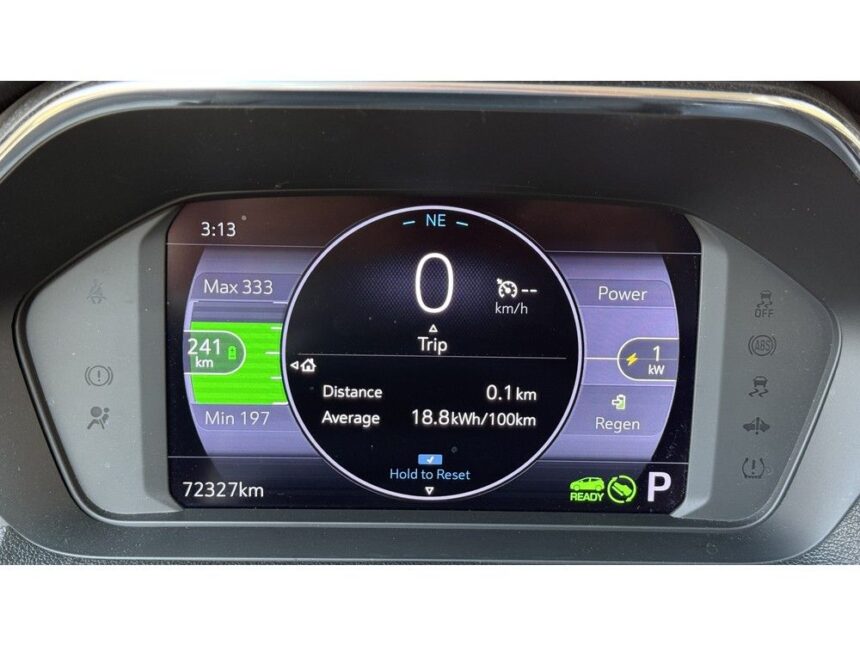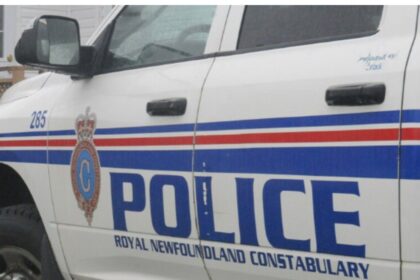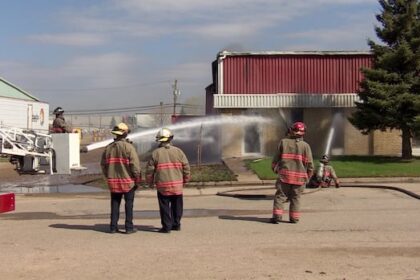Unlike gasoline cars, EVs get better mileage in the city than on the highways. ContributedArticle contentHenry Hoeksma of Lumsden’s Dam in the Annapolis Valley, N.S., has built a reputation being the source of information regarding electric vehicles.THIS CONTENT IS RESERVED FOR SUBSCRIBERS ONLY.Subscribe now to access this story and more:Unlimited access to the website and appExclusive access to premium content, newsletters and podcastsFull access to the e-Edition app, an electronic replica of the print edition that you can share, download and comment onEnjoy insights and behind-the-scenes analysis from our award-winning journalistsSupport local journalists and the next generation of journalistsSUBSCRIBE TO UNLOCK MORE ARTICLES.Subscribe or sign in to your account to continue your reading experience.Unlimited access to the website and appExclusive access to premium content, newsletters and podcastsFull access to the e-Edition app, an electronic replica of the print edition that you can share, download and comment onEnjoy insights and behind-the-scenes analysis from our award-winning journalistsSupport local journalists and the next generation of journalistsRegister to unlock more articles.Create an account or sign in to continue your reading experience.Access additional stories every monthShare your thoughts and join the conversation in our commenting communityGet email updates from your favourite authorsSign In or Create an AccountorArticle contentThis retired computer professional has owned an electric car for six years and studied them for 10 years. Hoeksma is not affiliated with any car company, dealer, or automobile organization or website — he just loves electric vehicles (EVs).Article contentArticle contentArticle contentTo help people understand more, he tours around (in his EV) giving educational talks to help prospective electric car buyers and other interested persons understand the pros and cons of owning an electric vehicle. He covers topics such as battery life, models available, cost of ownership, unexpected benefits, and future improvements.Article content Henry Hoeksma who lives in the Annapolis Valley, N.S., tours around giving educational talks about electric vehicles. ContributedArticle contentTop things to know about EVsArticle content1. Use the Plugshare app to find charging stations. It has almost every charger in the world on it.Article content2. Use the ABRP (A Better Route Planner) app to plan longer trips. It will take you to each charger along your route.Article content“The road trip recharging stations are still somewhat limited but getting better,” says Hoeksma. “It’s always a good idea to plan ahead.”Article contentFor example, he says, once he had planned on stopping at the Masstown Market charger only to find that it had a total power failure. They just made it to the next charger in Stewiake.Article contentArticle content“Until there are more chargers installed, it is best to plan to make it to the second next charger on certain routes,” says Hoeksma.Article contentArticle content3. Find out what level charger is available at these recharging stations. Lower-level chargers will take longer to charge, so that extra time also needs to be built into your itinerary.Article content4. Unlike gasoline cars, EVs get better mileage in the city than on the highway.Article content5. In cold weather, the electric car’s battery is used to heat the interior. Plan on losing about 30 per cent of your summer range in the winter.Article contentEVs generally use a small amount of battery capacity to run checks, charge up the 12-volt battery if it is low, or to keep the cellular radio link going, he says. In the summer, this is not usually a noticeable power drain. In the winter, most current EVs will also keep their batteries warm by self-heating them, which can draw more energy than in the summer.
Sixteen tips on how to make your transition to electronic vehicles a smooth ride











